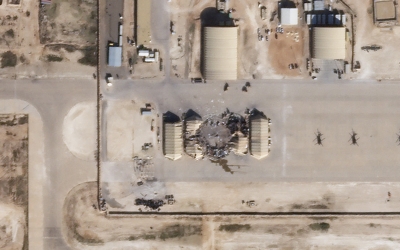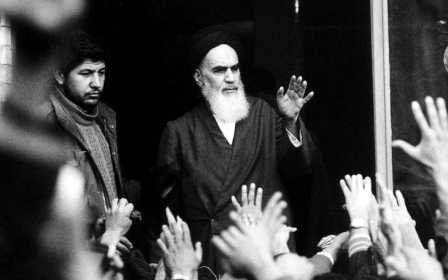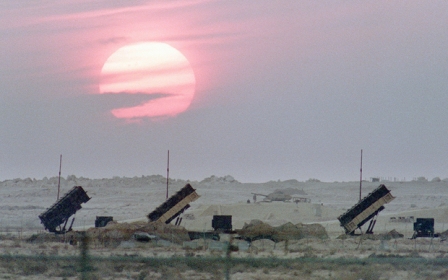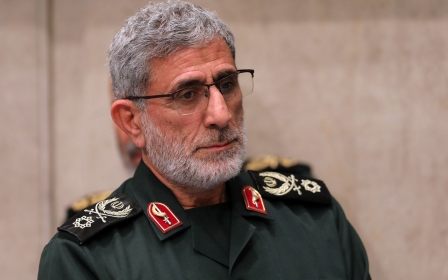More than 100 US troops diagnosed with traumatic brain injuries following Iran attack
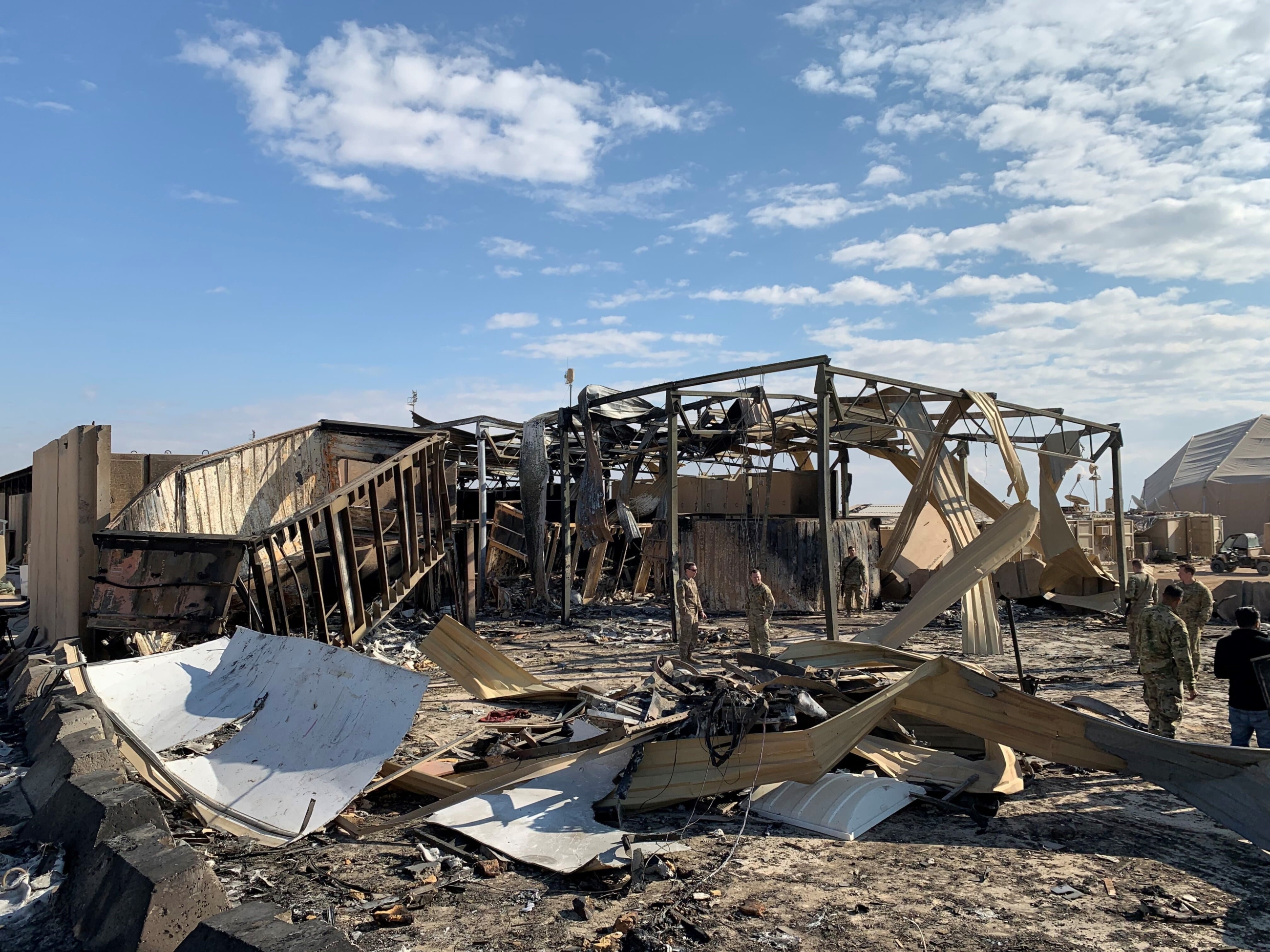
More than 100 US troops have been diagnosed with mild traumatic brain injuries in the wake of last month's Iranian missile attack on a US military base in Iraq, according to US officials with knowledge of the matter.
President Donald Trump had initially said that no service members were injured or killed in the 8 January Iranian missile attack, which was in retaliation for a US drone strike that killed senior Iranian general Qassem Soleimani some six days earlier.
On Monday, US officials told the Reuters news agency that the military was preparing to report a more than 50 percent jump in traumatic brain injury (TBI) cases.
Speaking on condition of anonymity, the officials said there were over 100 cases of mild TBI, up from the 50 previously reported last month.
Symptoms of mild TBI include headaches, dizziness, sensitivity to light and nausea.
New MEE newsletter: Jerusalem Dispatch
Sign up to get the latest insights and analysis on Israel-Palestine, alongside Turkey Unpacked and other MEE newsletters
The Pentagon declined to comment but in the past had said to expect an increase in numbers in the weeks after the attack because symptoms can take time to manifest and troops can sometimes take longer to report them.
'They had headaches'
Last month, Trump said he does not consider potential brain injuries to be as serious as physical combat wounds, downplaying the severity of the injuries suffered in Iraq.
"No, I heard that they had headaches and a couple of other things, but I would say, and I can report, it's not very serious," Trump replied during a news conference.
According to CNN, troops and personnel at the base were said to have been made aware of Iran's plans to attack several hours before the strikes took place, giving them plenty of time to take cover.
But the US had not built structures on the base, one of the oldest and largest in Iraq, to protect against a large-scale missile attack like the one Iran had planned.
Trump's comments prompted criticism from an influential veterans group. "The VFW expects an apology from the President to our service men and women for his misguided remarks," VFW National Commander William Schmitz said in a statement on Friday.
Pentagon officials have repeatedly said there has been no effort to minimise or delay information on concussive injuries. But the disclosures following Tehran's attack has renewed questions over the US military's policy regarding how it internally reports suspected brain injuries and whether they are treated publicly with the same urgency as loss of limb or life.
According to Pentagon data, about 408,000 service members have been diagnosed with traumatic brain injury since 2000.
The escalation between Iran and the United States seems to have subsided after the Iranian missile attack, with Trump saying a day later that Tehran "appears to be standing down".
Still, Iranian officials have continued to threaten further attacks to avenge Soleimani's death.
Middle East Eye delivers independent and unrivalled coverage and analysis of the Middle East, North Africa and beyond. To learn more about republishing this content and the associated fees, please fill out this form. More about MEE can be found here.


